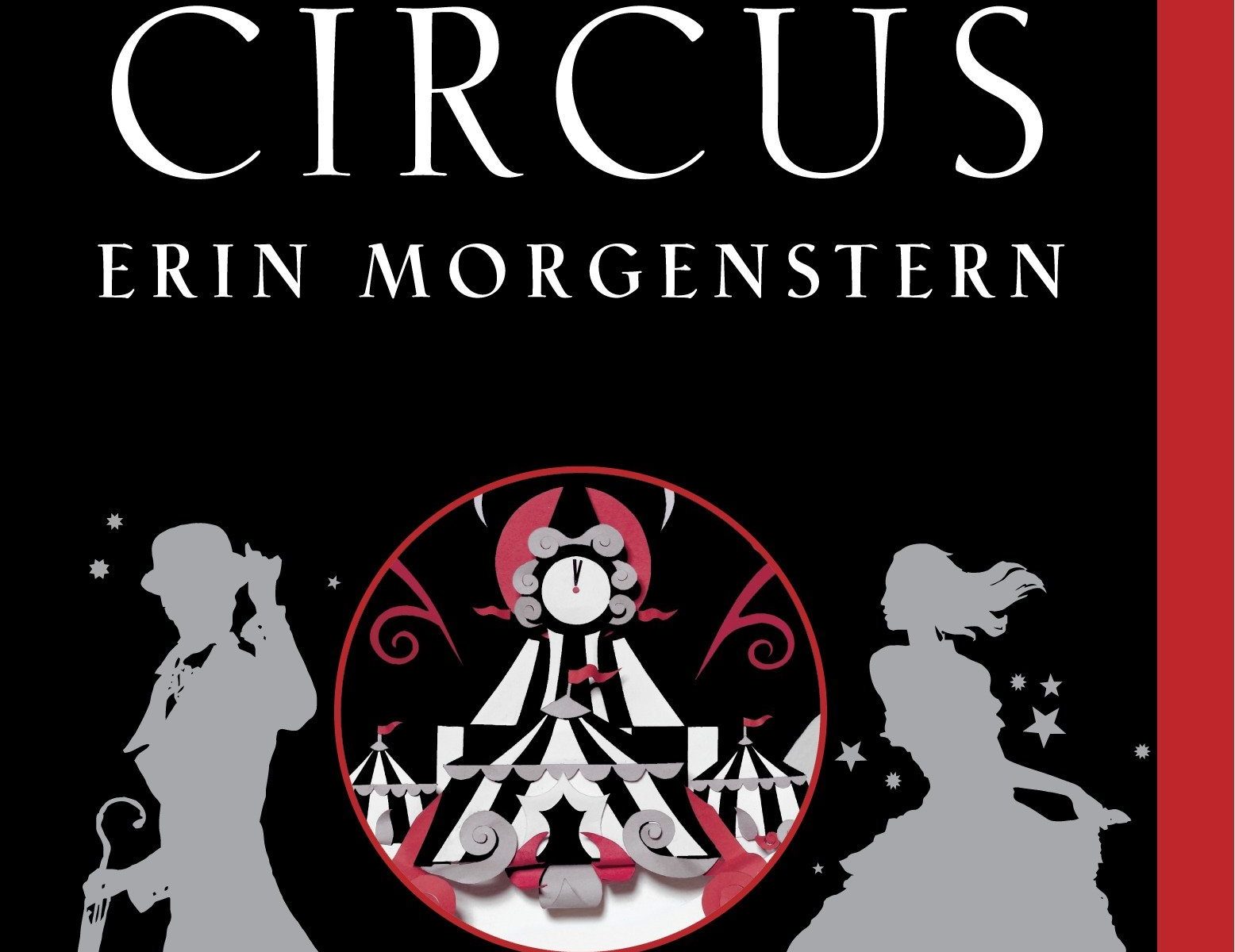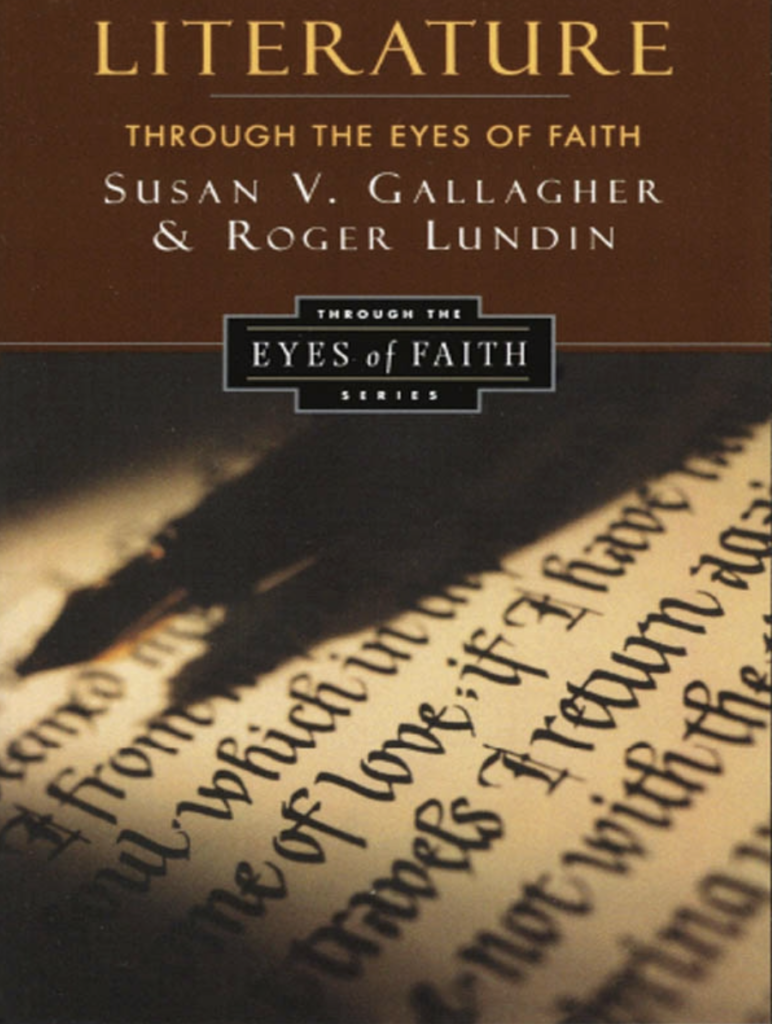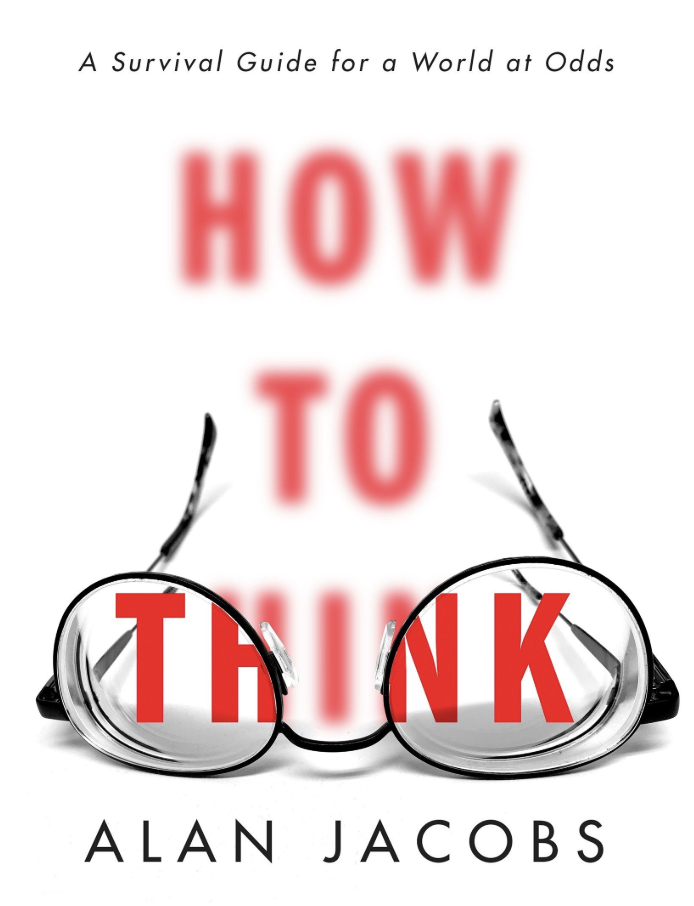Over the next couple of weeks, I’ll be analyzing the rhetoric of Cornelius Van Til’s “Why I Believe in God.”
In the first part of his apology for believing in God, Cornelius Van Til argues that believing in God is necessary because without God we couldn’t understand anything else. He begins his apology for believing in God by bringing up eminent scientists and philosophers who are have recently addressed belief. Jeans and Eddington allow for the possibility of religious experience, and Joad says that evil’s reality forces him to consider the possibility of God’s existence. Van Til wonders if the reader has pondered what happens after death. After all, even Socrates—the wisest philosopher—was uncertain of what would happen after he died. Is there a judgment or might there be a God? How does one know for sure. Asking such questions is a sure sign of intelligence and indicates a desire for you to know why it is you believe what you believe. You want to know what’s real, and asking about God is one way of doing that. Van Til indicates that his belief in God started when he was young and that he knows such an admission will taint his case in the reader’s eyes. He doesn’t agree, however. He will discuss the arguments he’s heard against God since he’s been an adult and why he’s even more positive now that God exists. Both the arguments he makes and the arguments he anticipates his readers will make are premised on God. He compares this state of affair to arguing about air while breathing it the entire time or trying to blow up a gun stand while using the gun stand as a foundation for your guns. Unless the thing you’re attacking existed in the first place, you couldn’t make your attack on its existence.
Continue reading “Why I Believe in God Part 1: Rhetorical Analysis”


